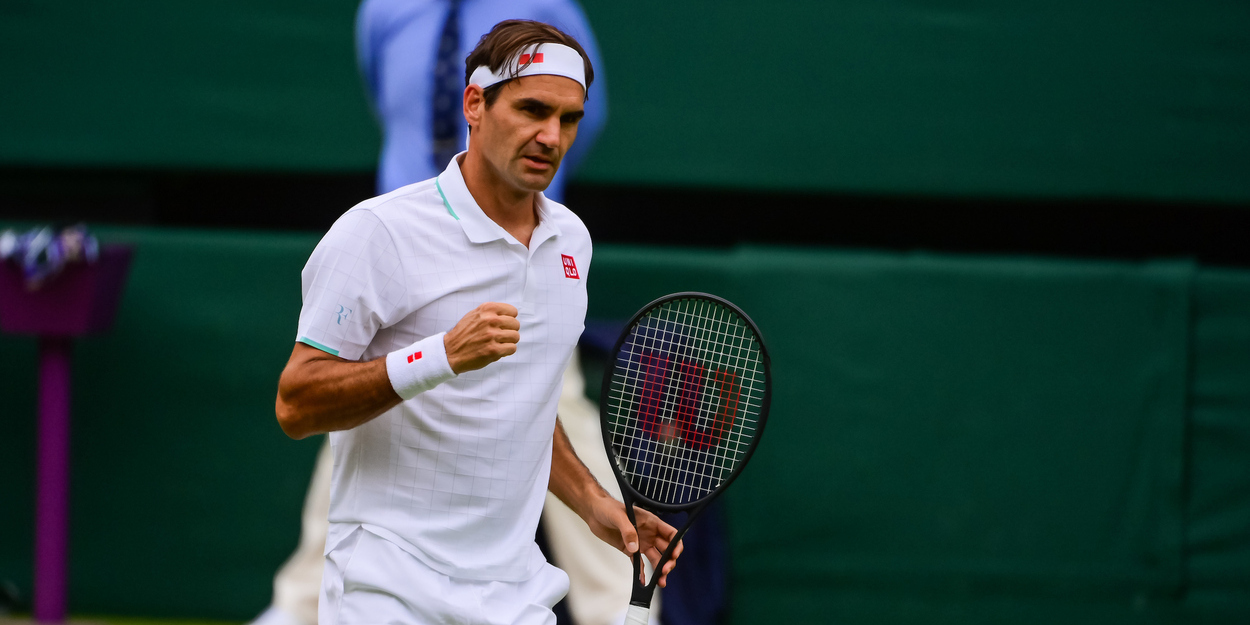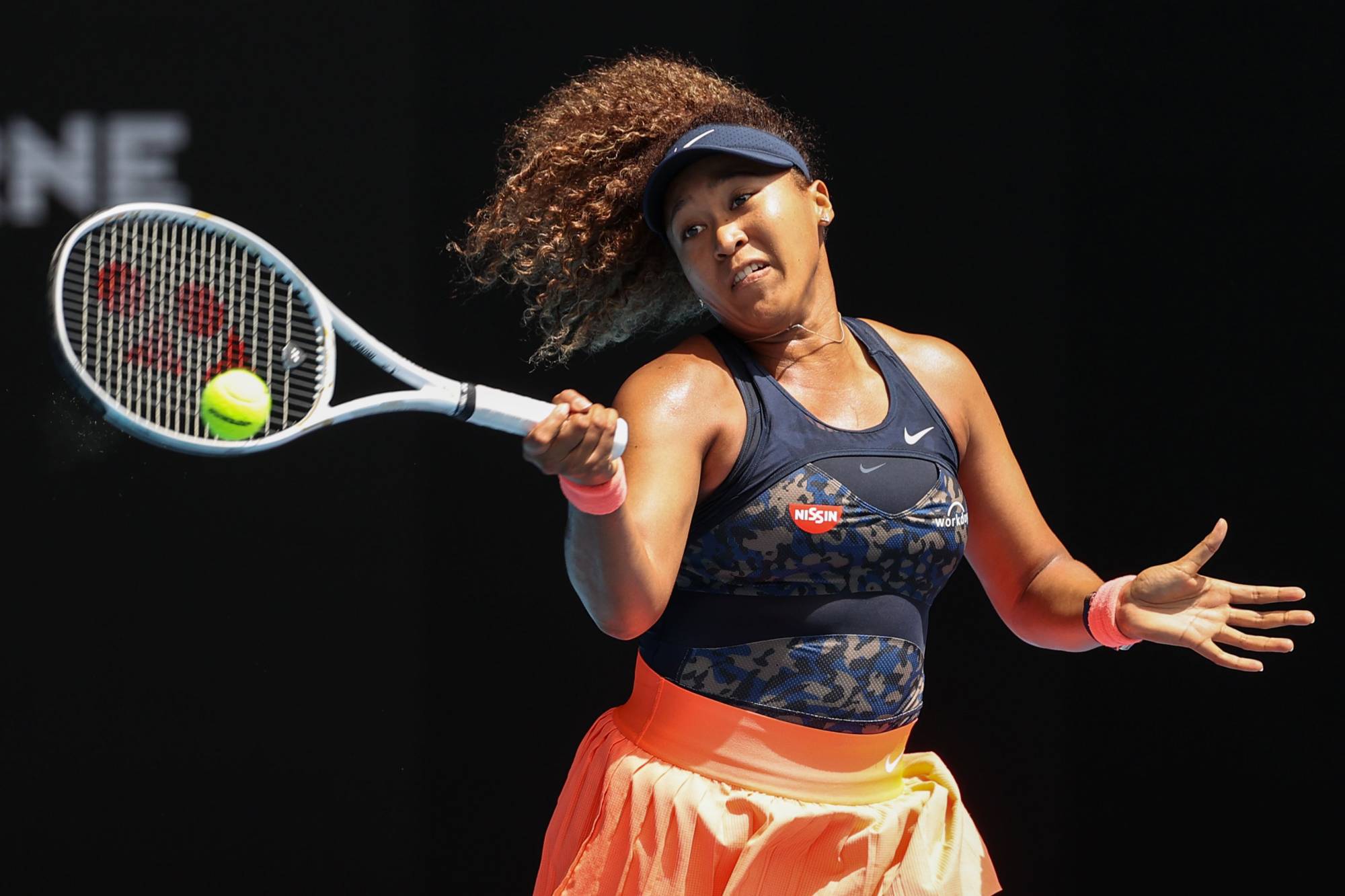The great Roger Federer, 20-time Grand Slam Champion, cultural icon and GOAT as a fan-favorite has announced his retirement. Laver Cup in London this weekend will host Federer’s last professional competitive tennis match.
History will look back on his incredible, storied and magical career with fondness… and one rather large “what if.”
The Swiss Maestro held two match points against fellow-Big-3-mate Novak Djokovic in the final of Wimbledon 2019.
For Federer fans, this is painful. Reader discretion advised.
Federer Before the Pandemic
Looking back on the year 2019 feels so strange in many ways. A few short months after the 2019 Wimbledon Final– in which Djokovic clung on then stormed back to take the title– the world was slammed by the all-encompassing storm of a brutal, life-altering pandemic.
Like Serena Williams, who never got to the record-tying mark of 24 Grand Slams, this was Federer’s itch that remains unscratched. It is the proverbial splinter in the pinky finger of an otherwise perfect hand. It’s a tiny, broken popcorn kernel stuck in the back teeth.
This is sports, which so rarely work out perfectly. Few retire with a win, and if they did, like Pete Sampras, they get left in the dust by someone like Roger Federer.
How do you think Sampras feels about Federer’s two unconverted match points? “Pfttt.” Probably.
But upon Federer’s retirement, let’s indulge in some hypothetical thinking for a moment, just for “fun.”
Imagine Federer converts one of those two match points. His Grand Slam tally would stand at 21, and Djokovic would have one fewer, perhaps standing now at 20 (or more? Or less?) One might argue Rafael Nadal gained the most from this pivotal moment in time, as he has collected 22 Majors to date.
If you’re a disciple of chaos theory in math, a fan of the movies Sliding Doors and/or The Butterfly Effect, try this on: If Federer wins that match, people around the world behave in altered ways. Movements change. Federer, his family, his entourage and his fans around the world perhaps go out and celebrate. Djokovic fans stay in, perhaps. These changes domino into other changes. Does the bat still bite the pangolin? Probably, but who knows.
Federer and the GOAT Debate
An altered Grand Slam tally would definitely impact GOAT debate. Perhaps Federer would have retired after that win, placing him out of the draws in Roland Garros 2021 and Wimbledon 2021. When one top player is absent from a draw, it can definitely change the course of history.
Still, one might argue that a loss in the 2019 Wimbledon final might have influenced Djokovic in a way that was even more positive for him. Perhaps whatever gained or lost from that match would propel him to later winning the 2021 US Open, instead of losing to Daniil Medvedev and missing out on the calendar Grand Slam.
These are all hypotheticals, simply worthy (or not) of only a few brief moments of “what if.”
2019 Wimbledon Final
Since we’re going there, let’s consider the match points themselves. Federer will go down as one of the greatest servers of all time, so it begins there.
The match was in the fifth set. The score was 8 games to 7 in favor of Federer. Perhaps the greatest spot-sever and service tactician to ever play tennis had the match on his racquet.
Federer built the score in the game to 40-15, thanks to two consecutive aces up the T. What if he chooses something different for either one of the next two points? What if he chooses a different spot? (For me personally, his choices here are hugely pivotal because Federer is capable of locating the serve literally anywhere in the box.) He chooses to go T for a 3rd consecutive time on 40-15. He misses his first serve. He goes wide on his second serve. Djokovic strikes a quality, deep return that jams Federer, who attempts to move around and hit an inside-out forehand.
Let’s pause here to say that, ironically, Federer’s greatest asset, his forehand, let him down. He missed his target by a couple of inches– not much. Upon close review, Djokovic really deserved that point because he earned it tactically. His return forced a devil’s choice for Federer– hit his one-handed backhand on the rise or run around and hit a jammed forehand with only a difficult angle available.
However, it’s the second of these match points that will dog fans of the Swiss forever. Federer again chooses to serve up the T– but this time it’s on the Ad side. That’s to Novak’s forehand. Federer lucks out and gets a short return. Credit to Novak for guessing correctly on the serve, though.
Here’s where it gets crazy.
When kids first learn tennis tactics, one of the golden rules is “don’t approach to the forehand.” This key concept is hammered, etched and preached as a rule of Tennis 101. That said, there are times when a player can and should break that rule. Only they know when and if it’s time to do that. It’s a low-percentage play. Possibly, for these two giants and master tacticians, regular rules of mere mortals don’t apply. This was a chess match between Grand Masters, and Federer may have felt he needed the ultimate element of surprise.
So Federer took the Djokovic short return with a forehand inside-in. It wasn’t a great forehand. It didn’t damage at all. The Serbian superstar easily sniffed it out and roped a perfectly angled cross court forehand to pass the net-stationed Federer for a beautiful winner. Match points gone. Game eventually gone. Match and championship soon to follow.
All this said, Federer had multiple chances to get the match back, and we may never know how much or how little those two missed chances affected him mentally. After the match, he certainly felt it.
In truth, the real accomplishment for Federer was putting himself in that position to begin with– “in the arena” as Teddy Roosevelt importantly said. To be his age, in great health and making those shots after a long Wimbledon was a remarkable achievement that Federer and his fans must ultimately cherish.






















